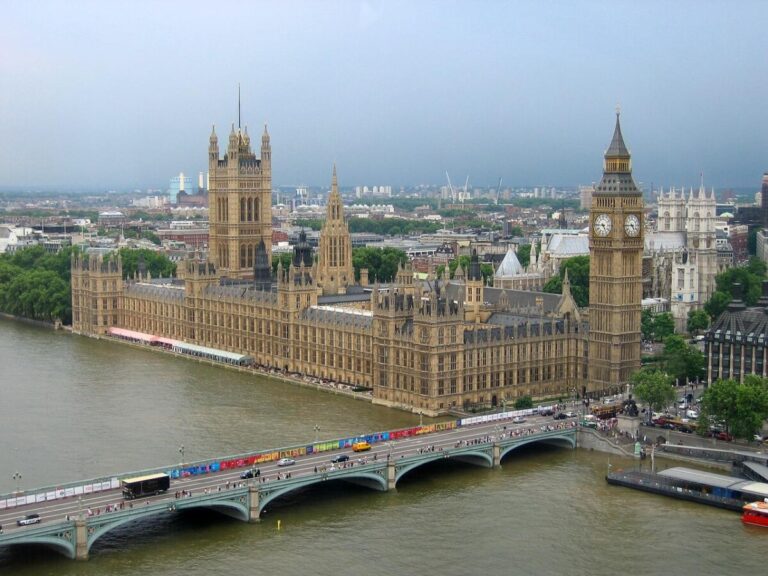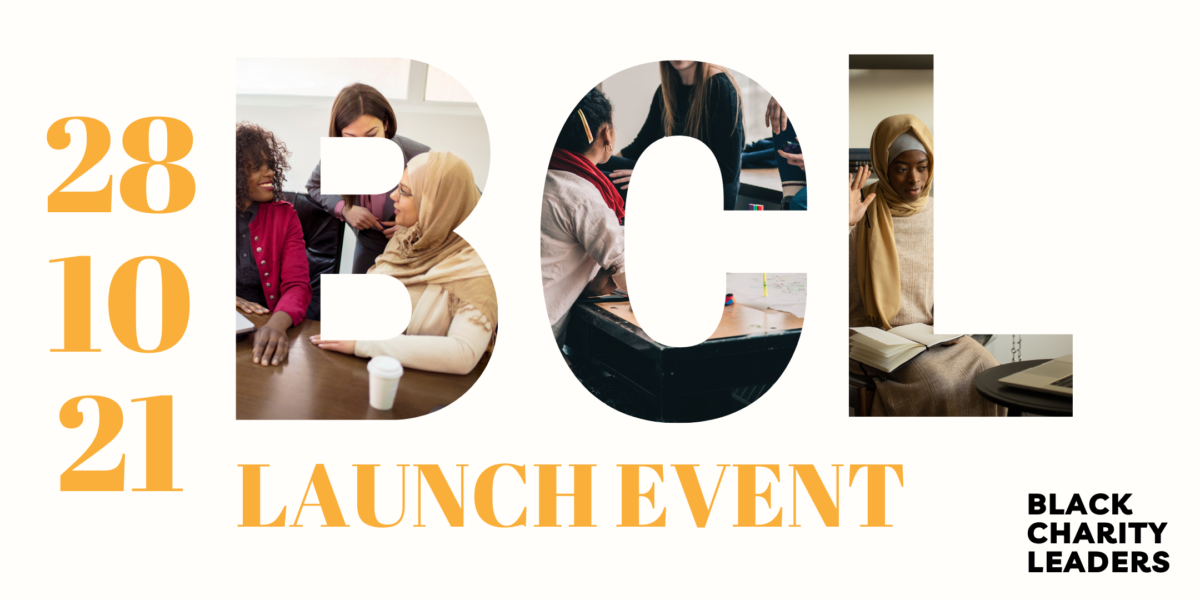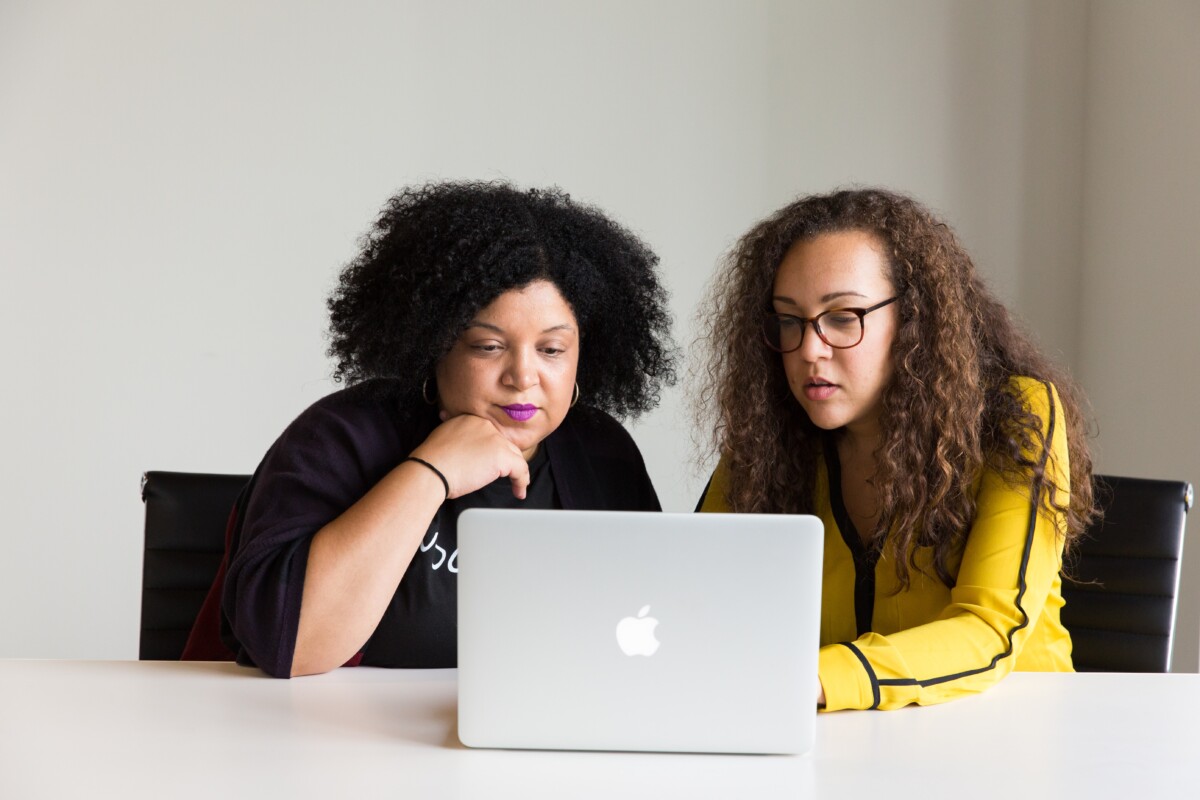International aid sector must tackle its racism, Committee tells charities

MPs on the International Development Committee have called on the development aid sector to recognise and tackle the racism that remains inherent in its practices – including the use of ‘degrading stereotypes’ in fundraising materials.
In the report, which results from an inquiry into the philosophy and culture of aid launched last February, the Committee says:
“Racism manifests in the very structure of international aid; the sector still reflects the power relationships of colonialism. It shows up in the terminology that aid actors use to describe the people they work with, and in fundraising campaigns which reinforce stereotypes of people in low- and middle- income countries as helpless and in need of saving.”
Advertisement
It highlights a number of issues it wants to see resolved, including pay scales that can see UK aid staff paid ten times as much as local counterparts, fundraising publicity that portrays aid recipients as helpless and in need of ‘saving’; and staffing that is not as diverse as it should be, especially at leadership levels.
The report, Racism in the aid sector, also calls on international aid organisations and the Foreign, Commonwealth and Development Office (FCDO), which finances some of them, to shift decision making power and resources to the communities they work with.
In addition, it says that recent cuts to the UK aid budget – from 0.7% of gross national income to 0.5% – took place with little or no consultation with partners in low and middle-income countries. This, the report said, sent a harmful message that the UK does not care about the people affected – many of whom are Black, Indigenous and People of Colour.
Among its recommendations are:
- The facilitation by FCDO of sector-wide initiatives on improving diversity, equity and inclusion and a full audit of pay structures in its own aid contracts;
- The banning by aid organisations of all-White recruitment boards and the implementation of other policies to build inclusive cultures and encourage diverse talent to apply for senior roles; and
- An end to pictures of ‘degrading stereotypes’ in fundraising publicity, and the use of realistic stories that educate audiences about the drivers of poverty
Chair of the International Development Committee, Sarah Champion MP, said:
“The aid sector exists to help those in need. But it cannot do that effectively until it addresses the fundamental power imbalances that exist within its structures that allow racist practices to perpetuate.
“The vast majority of people working in development have honourable intentions and do great work, but they need to be aware of the risks of complacency. I ask the sector to listen to the voices in our report. Racism is real; it must be challenged at every level.”
Bond response
Responding to the Committee’s findings, Lena Bheeroo, Engagement and Equity Manager at Bond, commented:
“Racism in the UK humanitarian and development sector is a serious and ongoing problem that must be addressed urgently if we are to create a fairer and more equitable world. This report is a significant step in the right direction as it shines a light on the sector’s colonial legacy and power imbalances that allow decision-making to stay in the hands of high-income nations.
“The UK aid cuts were a stark example of the UK’s disproportionate power, as partners in low- and middle-income countries – most of whom are Black, Indigenous and People of Colour – were not involved in processes that affected their future.
“More needs to be done to address how racism manifests and persists in the sector and we are working with UK NGOs on how to do this. Power needs to be rebalanced with the communities we work with, and we agree with the findings that the FCDO needs to be more actively engaged with conversations on decolonising development systemically.”







